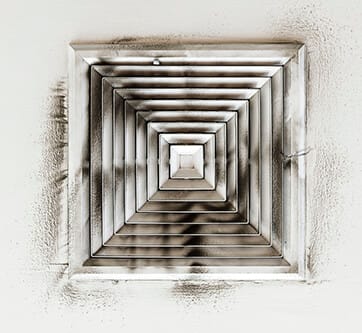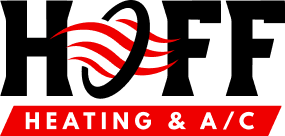5 Common AC Issues
 Air conditioning is a need, and life can be daunting if yours malfunctions. Repairs can prove costly, so it’s vital to ensure your AC is in tip toe shape by constant maintenance. By scheduling regular inspection and maintenance of your HVAC system, you’re saying no to unexpected breakdowns, costly repairs and discomfort to you and your loved ones. Is that enough? Well, it’s also necessary to know some common AC issues:
Air conditioning is a need, and life can be daunting if yours malfunctions. Repairs can prove costly, so it’s vital to ensure your AC is in tip toe shape by constant maintenance. By scheduling regular inspection and maintenance of your HVAC system, you’re saying no to unexpected breakdowns, costly repairs and discomfort to you and your loved ones. Is that enough? Well, it’s also necessary to know some common AC issues:
1. Filters
Clogged or dirty filter is a leading cause of AC malfunctions. Often, manufacturers provide a guide on how to change your filter. Some are changed monthly while others after three months, others are reusable and must be thoroughly cleaned when dirty. The quickest way to determine if your filter is dirty is to check if light passes through. If it doesn’t, it’s time to clean. Apart from restricting air flow, dirty filters can make the AC unit to freeze.
2. Thermostat
The thermostat regulates the temperature setting in your home. It’s recommended to ensure your thermostat functions properly. Make sure it’s always turned on, clean on the inside, set correctly, away from direct sunlight and is level.
3. Refrigerant Leakage
When the temperature in your home fluctuates, your AC’s refrigerant may be the culprit. When coolant leaks, the AC will not function as expected. Repairing cost for such a leakage varies significantly depending on the location of the leak as it requires the services of a trained AC technician.
4. Poor Drainage
Your AC’s Drain line can be clogged with lint, dirt, and dust just like air filters. If it’s clogged, the drain pan fills up, and water starts leaking. Leaking water can cause massive damages to your AC unit and everything else around your pan.
5. Breakers and Fuses
When your AC’s motor fails, the first thing the HVAC technician inspects is the circuit breaker. Breakers and fuses play a critical role in safeguarding your AC unit from overheating.
Other minor issues that may arise include:
- Capacitors: Capacitors are small elements that make sure motors and fans work. If they malfunction, everything comes to a standstill. When working efficiently, start capacitor activates the motor by sending a jolt. The run capacitor, on the other hand, sends a series of jolts to ensure the motor runs. If one of them burns out, your AC unit runs inefficiently.
- Compressor: In your AC, the compressor is responsible for driving refrigerant through the coils. If your compressor develops issues, the AC cannot cool your home. The compressor is also affected by the amount of refrigerant. If it’s little, the compressor runs hot and seizes, and if there’s too much refrigerant, the compressor may stop working. Other elements that affect compressors are condenser and evaporating coils.
Are you looking for an experienced AC technician in St. Charles, Lincoln, Warren and St. Louis Counties? Contact our specialists at Hoff Heating & AC, Inc. to speak with an expert.

 Call Us Today
Call Us Today
